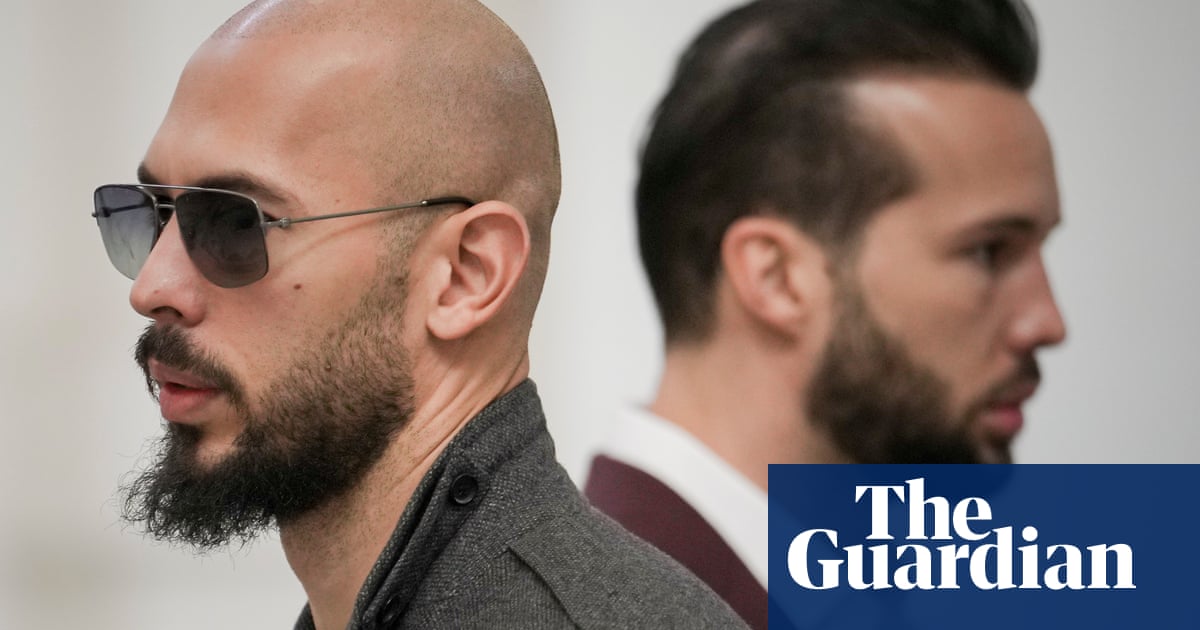Teachers describe a deterioration in behaviour and attitudes that has proved to be fertile terrain for misogynistic influencers
“As soon as I mention feminism, you can feel the shift in the room; they’re shuffling in their seats.” Mike Nicholson holds workshops with teenage boys about the challenges of impending manhood. Standing up for the sisterhood, it seems, is the last thing on their minds.
When Nicholson says he is a feminist himself, “I can see them look at me, like, ‘I used to like you.’”
Once Nicholson, whose programme is called Progressive Masculinity, unpacks the fact that feminism means equal rights and opportunities for women, many of the boys with whom he works are won over.
“A lot of it is bred from misunderstanding and how the word is smeared,” he says.
But he is battling against what he calls a “dominance-based model” of masculinity. “These old-fashioned, regressive ideas are having a renaissance, through your masculinity influencers – your grifters, like Andrew Tate.”



But there is another truth not mentioned: Males who were victims of sexual violence and rightfully thought the MeToo movement would help bring that to light as well were instead ridiculed and thrown out. Male victims of both male and female sexual violence are still not heard, which should have been part of the movement’s focus. The recent reminder post about the man who tried to found a shelter for male victims but ended up broke and his efforts ignored and eventually disbanded should have been a strong ally for the movement, so the push for feminism rings somewhat hollow for those victims, even as they do support the message presented, but will not benefit from the movement’s successes.